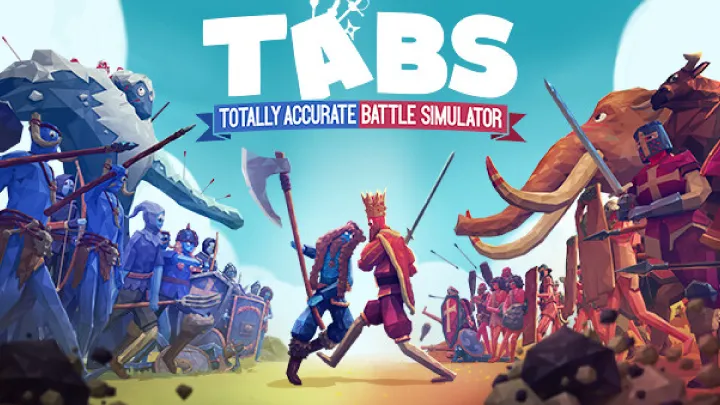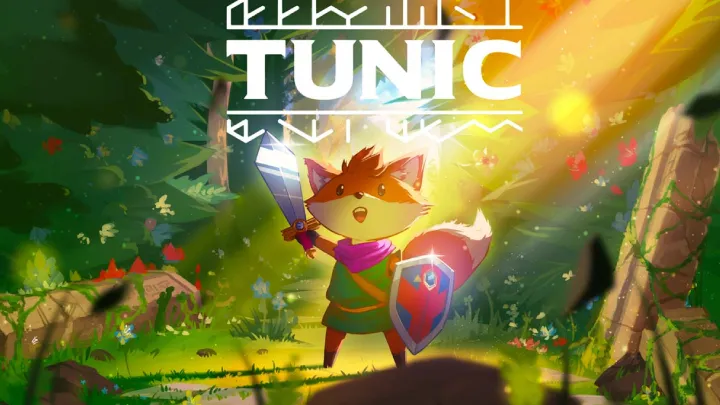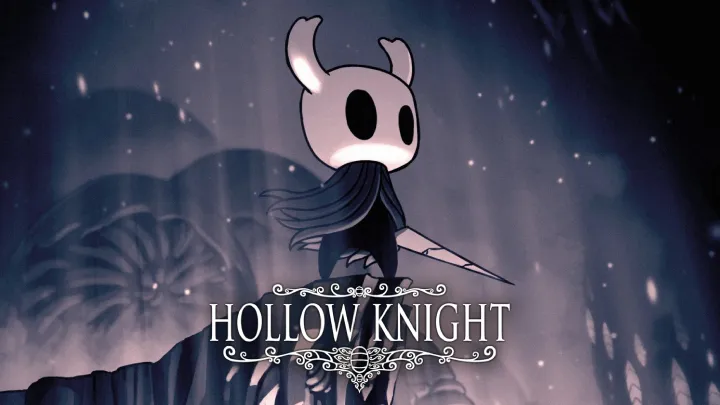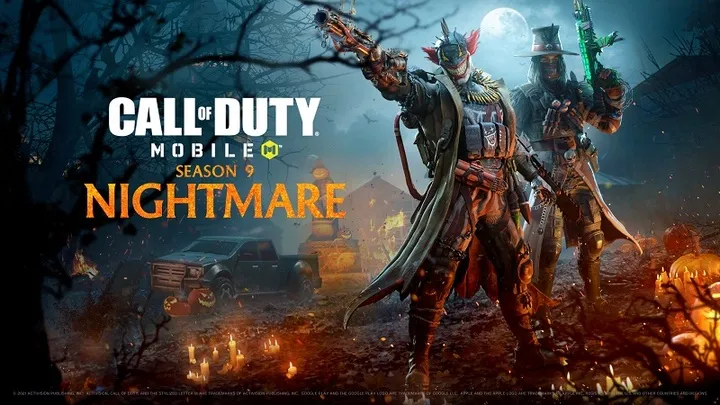Introduction
Adventure games occupy a special corner of the gaming universe, where the thrill of exploration blends with the depth of storytelling. Unlike shooters or pure action games that rely on reflexes, these titles demand emotional investment. They ask players to connect with characters, live through their struggles, and reflect on choices that carry real weight. Emotional adventure games transform from mere entertainment into unforgettable experiences, lingering in memory long after the controller is set down.
What makes them so powerful is their ability to tell human stories within imaginative settings—whether it’s a post-apocalyptic wasteland, a quiet mountain, or the vast American frontier. These narratives resonate because they touch on universal themes: love, friendship, sacrifice, regret, and hope.
In this article, we’ll explore five unforgettable adventure games with emotional stories. Each of them represents a milestone in how interactive media can deliver not just gameplay but an emotional journey that rivals books and cinema.
1. The Last of Us (2013)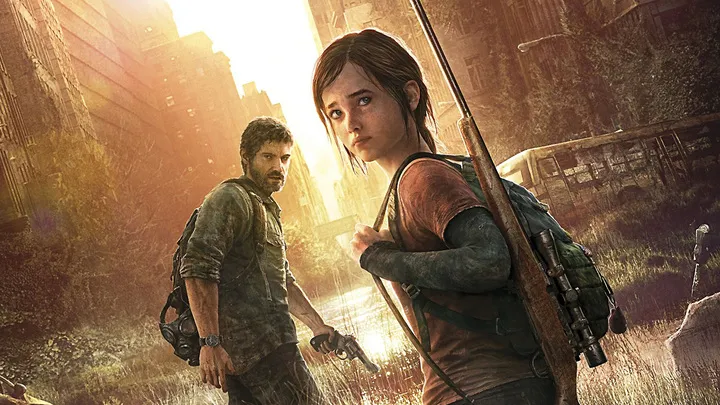
Few games have had as profound an impact on players and the industry as The Last of Us. Released in 2013 by Naughty Dog, it redefined how video games could tell deeply personal stories within a brutal world.
A Story of Love and Loss
The narrative begins with tragedy—Joel losing his daughter during the initial outbreak of the Cordyceps fungus. This heartbreaking opening sets the tone for a story about trauma, survival, and the longing for connection. Years later, Joel becomes a smuggler tasked with escorting Ellie, a teenage girl immune to the infection, across a devastated United States. Over time, their relationship evolves from wary partnership to an unbreakable father-daughter bond.
What makes the story unforgettable is not just the grand narrative but the quiet moments: Ellie cracking puns to lighten the mood, Joel teaching her to play guitar, or their silent stares as they process loss together. These human touches elevate the game beyond survival horror into a meditation on love and resilience.
Gameplay and Emotional Weight
Mechanically, The Last of Us blends stealth, combat, and resource management, forcing players into tense encounters that mirror the world’s hostility. Yet the true weight comes in narrative decisions—most notably Joel’s controversial choice at the end, where he prioritizes Ellie’s life over humanity’s potential cure. This morally gray conclusion left players divided, but that debate is precisely why the game endures. It doesn’t hand answers to the player; it makes them wrestle with the complexity of love and morality.
Cultural Impact
The success of The Last of Us inspired a sequel, multiple remasters, and even an acclaimed HBO television series. More importantly, it proved that video games could be narrative masterpieces capable of evoking the same emotions as top-tier films or novels.
Why It’s Unforgettable:
- A father-daughter story set against a brutal apocalypse
- Emotional weight in both gameplay and choices
- Sparked cultural conversations about morality in games
2. Life is Strange (2015)
If The Last of Us is a story about survival and love, Life is Strange is about the fragile beauty of adolescence and the heavy consequences of choice. Developed by Dontnod Entertainment, it’s a narrative-driven episodic adventure that blends the supernatural with deeply human drama.
Choices that Truly Matter
Players step into the shoes of Max Caulfield, a photography student who discovers she can rewind time. At first, the ability feels empowering—undoing mistakes or exploring multiple dialogue options. But as the story unfolds, it becomes clear that no choice is without consequence. A small decision, like whether to comfort a friend, can ripple outward and lead to heartbreaking outcomes.
The central relationship between Max and Chloe, her rebellious best friend, is the emotional core of the game. Their shared history, unspoken feelings, and contrasting personalities create an authentic portrayal of friendship on the brink of something more.
Tackling Real-Life Issues
What makes Life is Strange especially unforgettable is its bravery in addressing sensitive topics: bullying, depression, family trauma, and suicide. The game portrays these themes with nuance, treating its characters with empathy rather than reducing them to stereotypes. For many players, it was one of the first games that truly mirrored the struggles they saw in real life.
Emotional Legacy
The climax, where Max must choose between saving Chloe or sacrificing the town of Arcadia Bay, is one of the most gut-wrenching decisions in gaming. There is no “good” ending—only the acceptance that love and loss are inseparable.
Why It’s Unforgettable:
- Unique time-rewind mechanic tied to emotional decision-making
- Authentic exploration of adolescence and identity
- Tackled sensitive social issues with empathy
3. Red Dead Redemption 2 (2018)
Few games have captured the grandeur of storytelling like Rockstar’s Red Dead Redemption 2. More than a Western, it’s a tale of loyalty, redemption, and the struggle between ideals and reality.
A Living, Breathing World
Set in 1899, the game follows Arthur Morgan, a member of the Van der Linde gang, as he grapples with fading ideals in a changing America. Unlike many protagonists, Arthur isn’t a traditional hero—he’s complex, flawed, and deeply human. Players watch him wrestle with his loyalty to Dutch, his mentor, while slowly realizing the gang’s way of life is doomed.
The open-world design enhances the emotional depth. Every campfire conversation, random encounter on the trail, and journal entry fleshes out Arthur’s humanity. By the time his health begins to decline from tuberculosis, players feel the weight of his mortality as if it were their own.
Themes of Redemption
Arthur’s journey is ultimately one of redemption. Players can choose whether he spends his final days seeking revenge or trying to do right by those he loves. Regardless of choices, his final ride into the sunset—accompanied by haunting music—remains one of the most powerful moments in gaming history.
Cultural Resonance
Red Dead Redemption 2 isn’t just a game; it’s a cultural event. It showcased how open-world titles could blend freedom with tightly woven narratives. Many critics compared its storytelling to classic Western films, proving games can stand shoulder to shoulder with Hollywood.
Why It’s Unforgettable:
- Complex protagonist with a nuanced moral journey
- Open-world design that supports emotional storytelling
- Themes of loyalty, change, and redemption
4. Journey (2012)
Sometimes, the most powerful stories are told without words. Journey, developed by Thatgamecompany, is a minimalist masterpiece that conveys emotion through visuals, music, and silent companionship.
A Silent Adventure
Players control a robed traveler crossing a vast desert, moving toward a distant mountain. There’s no dialogue, no exposition—only an intuitive connection to the world through exploration. Despite this simplicity, Journey evokes profound emotions: curiosity, wonder, fear, and ultimately transcendence.
The Power of Connection
What makes Journey unique is its multiplayer design. Without usernames or chat, players can encounter strangers along the way, communicating only through musical chimes and movement. The anonymity strips away barriers, creating genuine bonds through shared exploration. Many players describe unforgettable moments of companionship—walking silently alongside a stranger, helping each other climb, only to part ways without ever knowing their name.
Emotional Resonance
The crescendo of the game, where the traveler ascends the snowy mountain toward the summit, often leaves players in tears. It’s not just about reaching the destination, but about reflecting on the journey itself—an allegory for life, death, and rebirth.
Why It’s Unforgettable:
- Proves that minimalism can evoke profound emotions
- Unique multiplayer interactions without words
- A spiritual journey that resonates universally
5. Firewatch (2016)
Developed by Campo Santo, Firewatch is a quieter, more introspective adventure game. It’s not about saving the world but about grappling with loneliness, trust, and human connection.
Isolation in the Wilderness
Players take on the role of Henry, a fire lookout stationed in Wyoming’s Shoshone National Forest. The game’s vast yet isolated environment mirrors Henry’s emotional state—he’s running from personal troubles, seeking solace in solitude.
The only human contact Henry has is through his supervisor, Delilah, via walkie-talkie. Their conversations, ranging from witty banter to deeply personal confessions, form the emotional heart of the game. Despite never meeting in person, players feel an intense connection between the two characters.
A Mystery That Mirrors Life
While the narrative includes a mystery subplot about strange happenings in the forest, the true story lies in the relationship between Henry and Delilah. It’s a game about trust, vulnerability, and the stories we tell ourselves to cope with pain. The ending doesn’t offer closure in a traditional sense, but instead reflects the messy ambiguity of real life.
Critical Reception
Firewatch was praised for its writing, voice acting, and environmental storytelling. It demonstrated that a game didn’t need grand battles or supernatural powers to deliver emotional depth—sometimes, two people talking across a radio can carry more weight than a thousand explosions.
Why It’s Unforgettable:
- Intimate storytelling through dialogue
- Themes of isolation, trust, and vulnerability
- Showed that emotional depth can thrive in minimalist settings
Conclusion
From the heart-wrenching father-daughter bond of The Last of Us to the spiritual silence of Journey and the intimate conversations of Firewatch, these adventure games prove one thing: emotional storytelling in gaming is as powerful as any medium.
What unites them is not genre or mechanics, but their ability to connect with players on a human level. They teach us about sacrifice, friendship, love, and resilience. They remind us that games can be more than entertainment—they can be experiences that stay with us, shaping how we see the world and ourselves.
As technology evolves, future games will undoubtedly continue this tradition, but these five will remain unforgettable milestones—emotional journeys that gamers will carry in their hearts for years to come.




